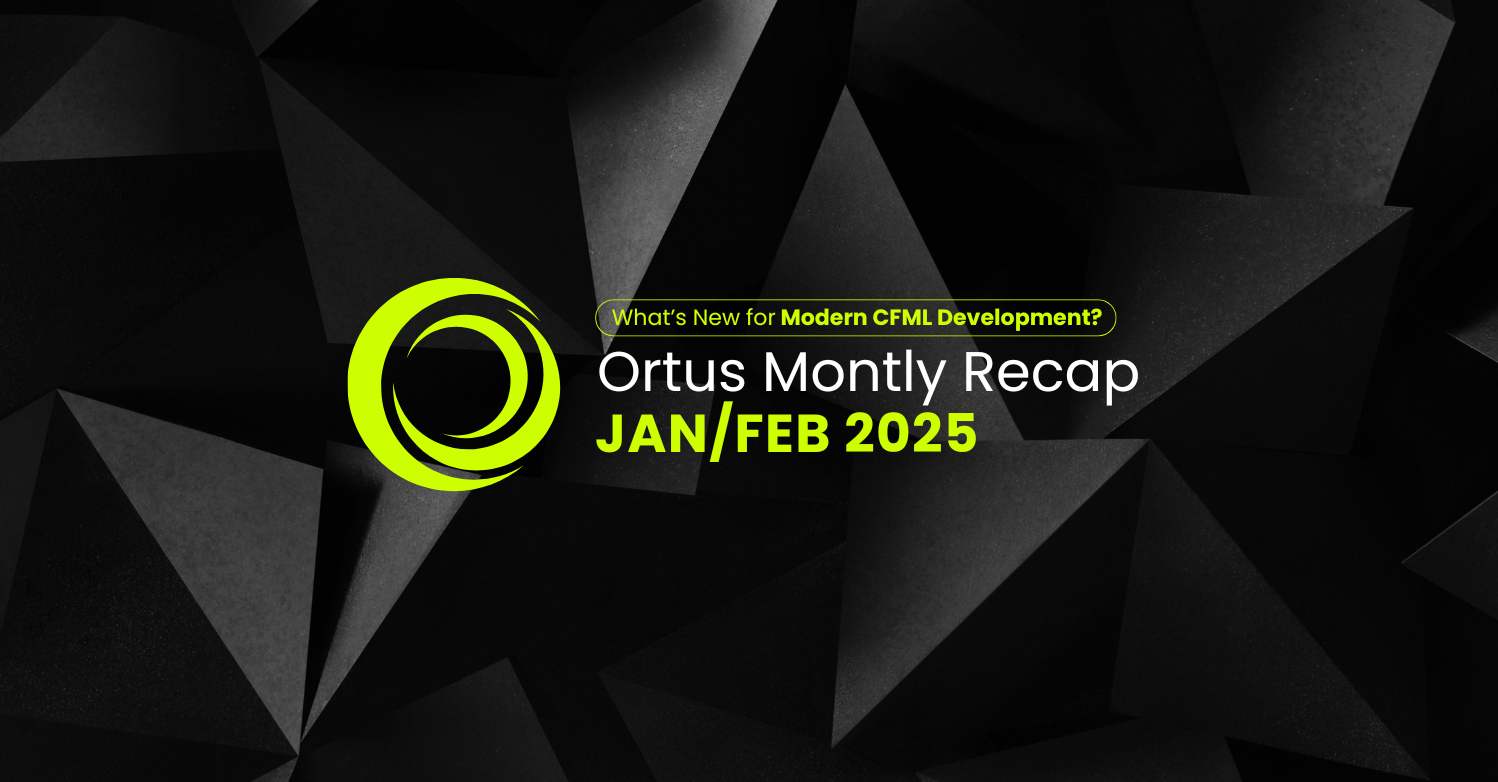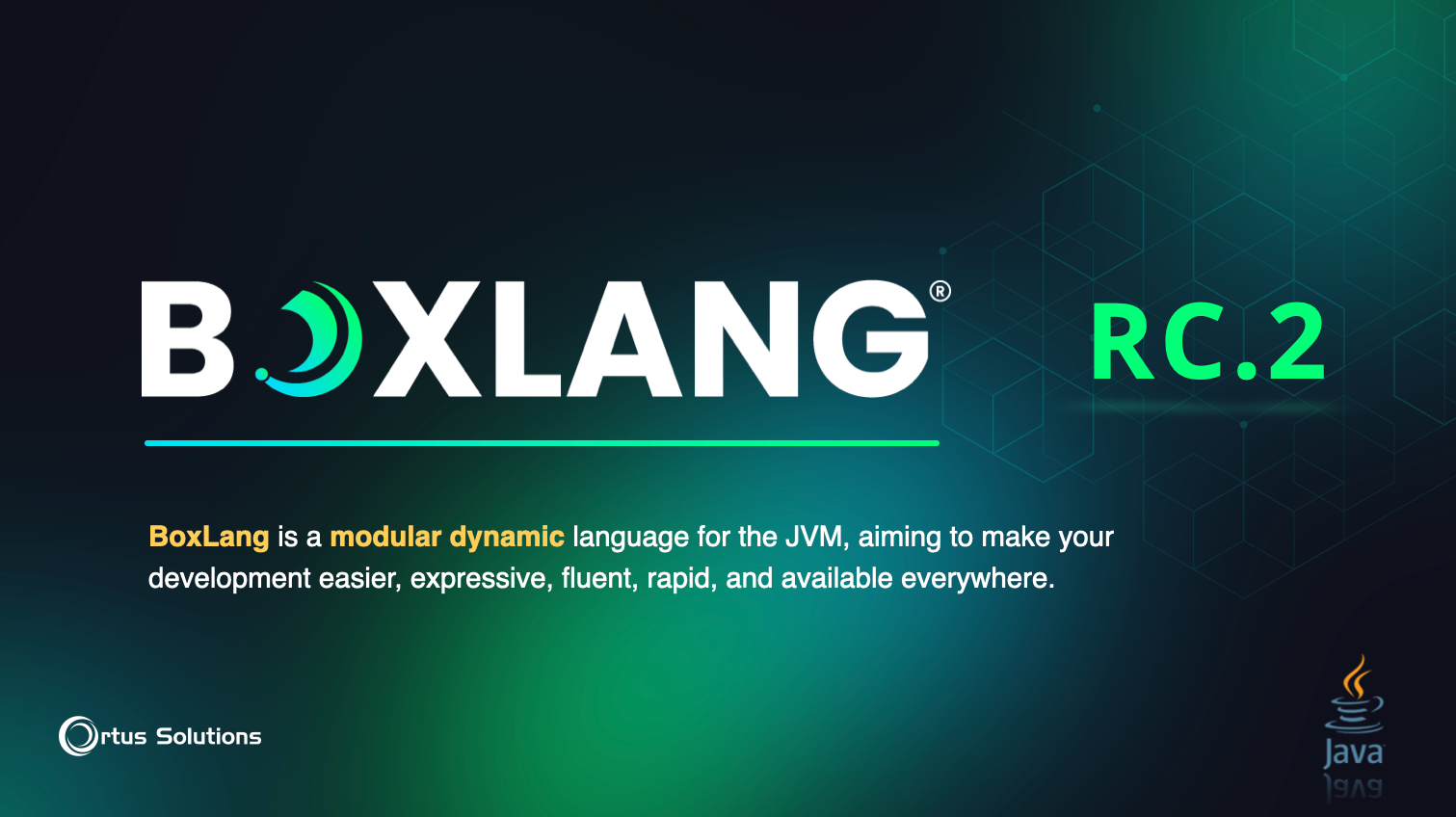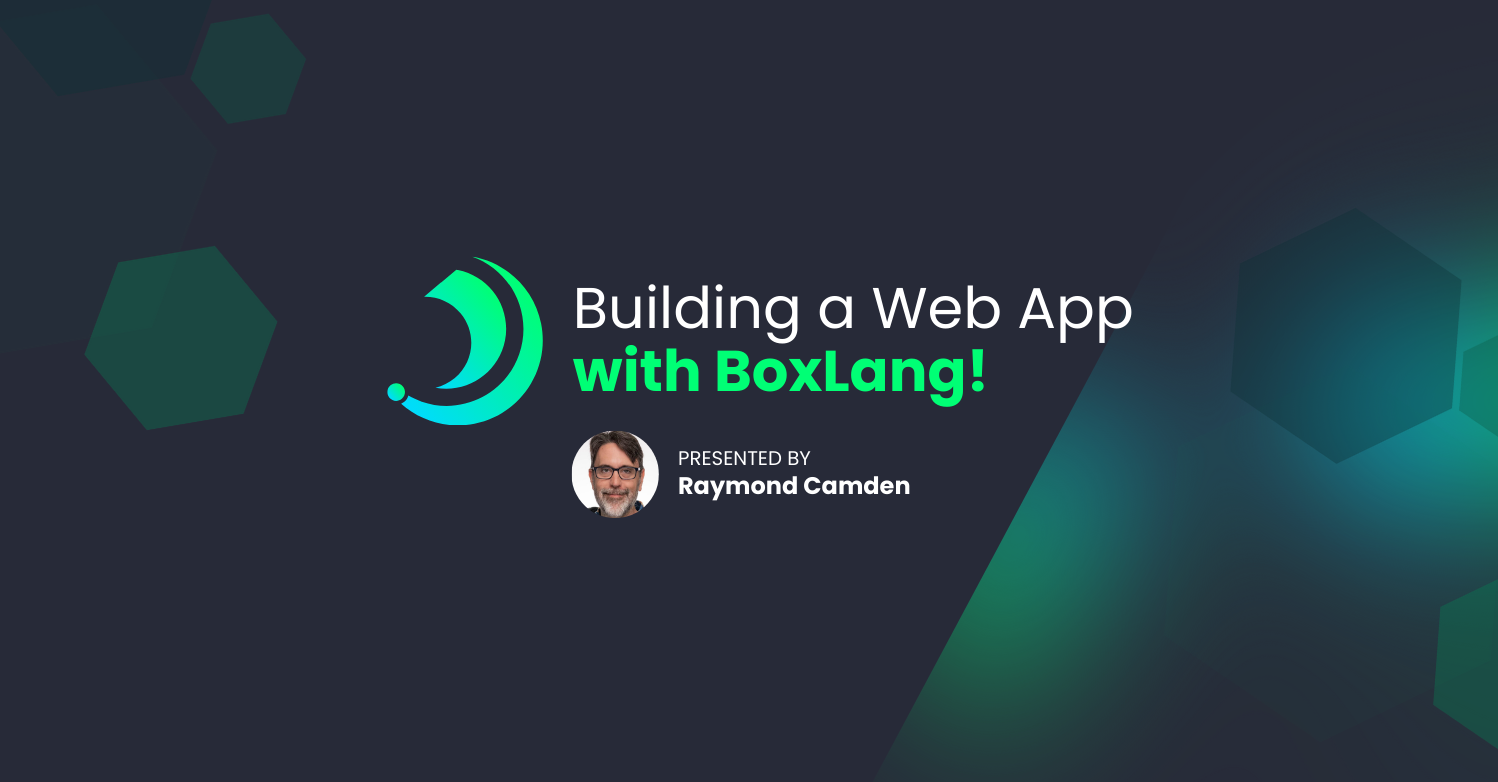I was working more with ColdFusion 9 ORM and found another small caveat I thought I would share. When working with a relationship that is filtered, the implicit "has[property]", the has does not take into account the filter. The implicit get works as expected however.
UPDATE: This is only an issue with a lazy loaded property. Thanks Ben Nadel for pointing it out.
Consider the following persistent cfc...
<cfcomponent hint="I am the Album cfc" output="false" persistent="true" table="Albums">
<!--- CFC ID --->
<cfproperty name="AlbumID" type="numeric" fieldtype="id" />
<!--- Relationships --->
<cfproperty name="Photos" lazy="true" type="array" singularname="Photo" fkcolumn="AlbumID" orderby="Ind" fieldtype="one-to-many" cfc="Photo" inverse="false" where="DisplayPhoto='true'" />
<!--- Properties --->
<cfproperty name="AlbumName" type="string" />
<cfproperty name="AlbumCover" type="string" />
<cfproperty name="Ind" type="numeric" />
<!--- Functions --->
</cfcomponent>
First, notice that I have the cfc divided into four sections, the CFC ID, any relationships, any other properties of the cfc, and finally any additional functions. I feel this is a handy way to organize your ORM cfc's. I find that I need to refer to the ID and the relationships often, so I put them towards the top.
OK, but onto the issue we are talking about. Notice the relationship to that this CFC has to Photos is filtered with a where attribute of DisplayPhoto='true'. This will return only the Photos that have the DisplayPhoto flag set to true and works perfect when we call the implicit getPhotos() method. However, the hasPhoto() method does not take the where clause into account. So, if we have an Album with lots of photos where they are all have the DisplayPhoto flag set to false, the implicit method would still return true. To workaround this issue I wrote my own has function.
<cffunction name="hasPhoto" access="public" returntype="boolean" output="false">
<cfset var qry = queryNew("blah") />
<cfset var has = false />
<cfquery name="qry">
select count(PhotoID) as count from Photos where AlbumID = <cfqueryparam value="#this.getAlbumID()#">
and DiplayPhoto = 'true'
</cfquery>
<cfif qry.count GT 0>
<cfset has = true />
</cfif>
<cfreturn has />
</cffunction>




Add Your Comment
(5)
Mar 02, 2010 08:16:57 UTC
by Raymond Camden
So what is this "Coldfusion" you speak of? I only know of "ColdFusion". ;) Seriously though - darn good catch there!
Mar 02, 2010 08:39:33 UTC
by Ben Nadel
Does this still hold if the relationship is not lazy loaded?
Mar 02, 2010 09:15:50 UTC
by Curt Gratz
@Ray - Sorry, I perfer Coldfusion ;) @Ben - Excellent question. I ran a quick test and it does it works as expected when the relationship is not lazy loaded as it then just checks the same query as it used in the get. I will update the post to state such.
Mar 02, 2010 09:24:53 UTC
by Ben Nadel
@Curt, No problem - as someone who had not really played around with ORM much, I tend to ask really random questions :)
May 06, 2016 09:12:33 UTC
by Luis Majano
Great post Curt. You can also do a calculated field, which can improve performance: ``` <cfproperty name="numPhotos" formulat="select count(*) from Photos where AlbumID=AlbumID and DisplayPhoto=true"> ``` This will be optimized for you and always available